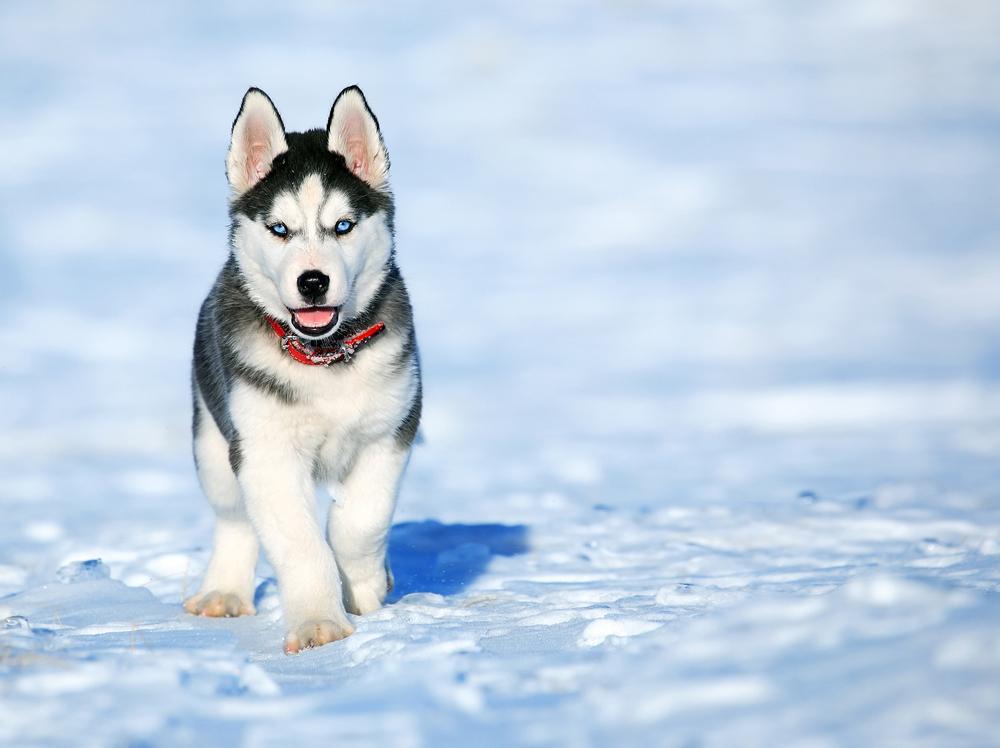Cold weather dangers for your pet

Central Animal Hospital Discusses Cold Weather Dangers For Your Pet
Frigid winter weather poses special dangers for pets that may not be physically able to compensate for lower temperatures. And there are other hazards related to cold weather that can pose a danger to your pet’s health. At Central Animal Hospital in Scarsdale, we provide preventative care, emergency care and advice for taking care of pets in cold weather.

Dress For the Weather
Even longhaired pets can suffer from the cold, and older animals may have arthritis or difficulty regulating body temperature. Add a pet sweater to your pet’s wardrobe in cold weather.
Toxic Substances
Road salt can cause damage to your pet’s paw pads that should be carefully wiped off when you come in from a winter walk. Always clean up antifreeze spills, which are toxic to animals, and keep your pet from licking substances on the sidewalks or on snow.
Provide Additional Food and Water
Pets that spend time outdoors in winter require more calories to burn to help them keep warm. Keep the water bowl filled to keep your pet hydrated in dry, indoor air.
Leave Your Pet at Home
Temperatures can fall quickly in a parked vehicle, posing a danger to pets’ health. When the weather is very cold, avoid leaving your pet in a cold car, even for a short time.
Falling Through the Ice
Avoid frozen-over bodies of water when you are out with your dog, which can break under a pet’s weight and lead to drowning or hypothermia.
Provide Shelter Outdoors
If your pet stays outside for periods of time in the winter, make sure you provide adequate shelter that is off the ground, has warm bedding and keeps him or her out of the wind. Also, provide a pet-safe bowl to prevent water from freezing.
Make Central Animal Hospital Your Scarsdale Veterinarian
Our veterinarians and staff are dedicated to providing veterinary care for our patients in Scarsdale, Ardsley, Eastchester and Westchester, NY. Call Central Animal Hospital today at 914-723-1250 for an appointment to have your pet examined and to learn more about keeping him or her safe and healthy in cold weather.
What cold weather problems cause concerns for your pet?
